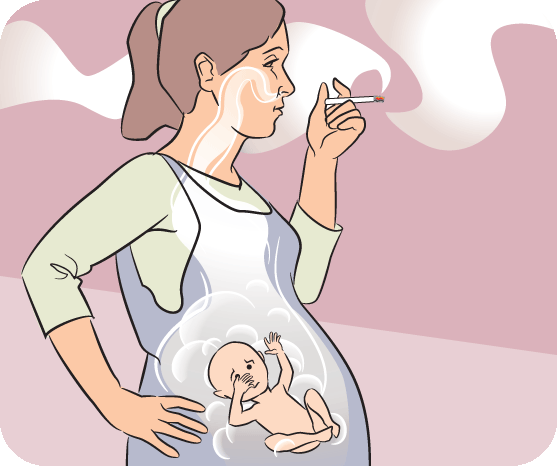
Pregnancy Smoking: A Comprehensive Overview
Introduction
Pregnancy is a transformative journey marked by profound physical, emotional, and hormonal changes. However, certain habits, such as smoking, can pose significant risks to both the mother and the developing fetus. Pregnancy smoking is a prevalent issue that warrants comprehensive understanding and effective interventions. This article aims to provide a comprehensive overview of pregnancy smoking, exploring its prevalence, health consequences, and strategies for cessation.
Prevalence of Pregnancy Smoking
Despite widespread awareness of the adverse effects of smoking during pregnancy, it remains a significant public health concern. According to the Centers for Disease Control and Prevention (CDC), approximately 10% of pregnant women in the United States smoke cigarettes. This prevalence varies across demographic groups, with higher rates among younger women, women of lower socioeconomic status, and women with mental health conditions.
Health Consequences of Pregnancy Smoking
Smoking during pregnancy has numerous detrimental effects on both the mother and the fetus. These consequences include:
Maternal Health:
- Increased risk of preterm birth
- Placental abruption
- Preeclampsia
- Gestational diabetes
- Cardiovascular disease
Fetal Health:
- Low birth weight
- Premature birth
- Fetal growth restriction
- Congenital malformations
- Sudden infant death syndrome (SIDS)
Cognitive and Behavioral Effects:
Studies have shown that children exposed to smoke in utero may experience cognitive and behavioral problems, including:
- Reduced intelligence
- Attention deficits
- Hyperactivity
- Conduct disorders
Cessation Strategies
Quitting smoking during pregnancy is essential for the health of both the mother and the baby. Several strategies can help pregnant women achieve this goal:
Behavioral Interventions:
- Cognitive behavioral therapy (CBT)
- Motivational interviewing
- Support groups
Pharmacological Interventions:
- Nicotine replacement therapy (NRT)
- Bupropion
- Varenicline
Combination Therapy:
Combining behavioral and pharmacological interventions has been shown to be the most effective approach to smoking cessation during pregnancy.
Support Systems
Social support is crucial for pregnant women trying to quit smoking. Support can come from:
- Healthcare providers
- Family and friends
- Community resources
Role of Healthcare Providers
Healthcare providers play a pivotal role in promoting smoking cessation during pregnancy. They should:
- Screen all pregnant women for smoking
- Provide counseling and support
- Prescribe medications if necessary
- Refer women to cessation programs
Conclusion
Pregnancy smoking is a serious public health issue with significant consequences for both the mother and the developing fetus. Understanding the prevalence, health risks, and cessation strategies is essential for healthcare providers, policymakers, and the general public. By implementing effective interventions and providing comprehensive support, we can help pregnant women quit smoking and ensure the health and well-being of future generations.
Additional Considerations
- E-cigarettes: While e-cigarettes are often marketed as a safer alternative to traditional cigarettes, they still contain nicotine and other harmful substances. There is limited research on the effects of e-cigarettes during pregnancy, but it is advisable to avoid them as a precaution.
- Secondhand Smoke: Exposure to secondhand smoke during pregnancy can also have adverse effects on the fetus. Pregnant women should avoid environments where smoking is present.
- Mental Health: Women who smoke during pregnancy are more likely to have mental health conditions, such as depression and anxiety. Addressing these underlying issues can improve smoking cessation outcomes.
- Health Disparities: Smoking rates during pregnancy are higher among certain demographic groups, such as women of lower socioeconomic status and women of color. Targeted interventions are needed to address these disparities.
- Long-Term Effects: The effects of pregnancy smoking can extend beyond the immediate postpartum period. Children exposed to smoke in utero may have an increased risk of developing chronic diseases, such as asthma and cardiovascular disease, later in life.